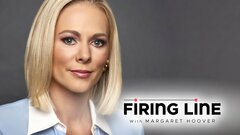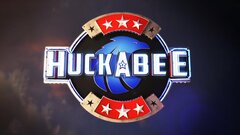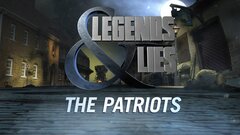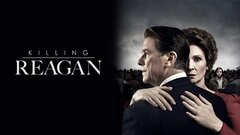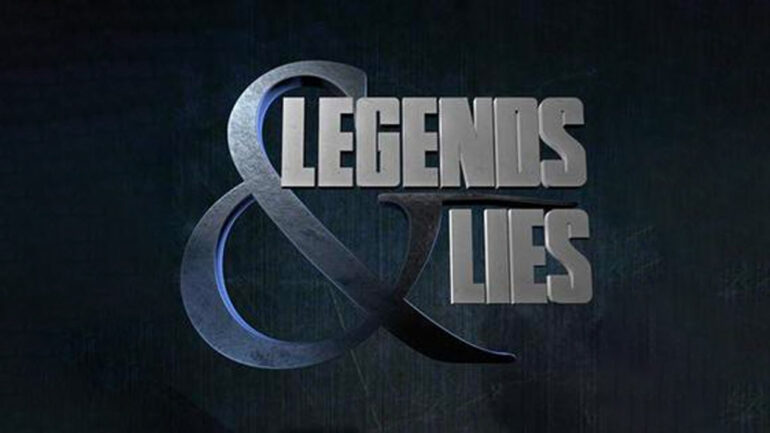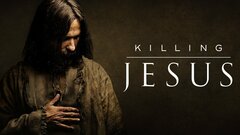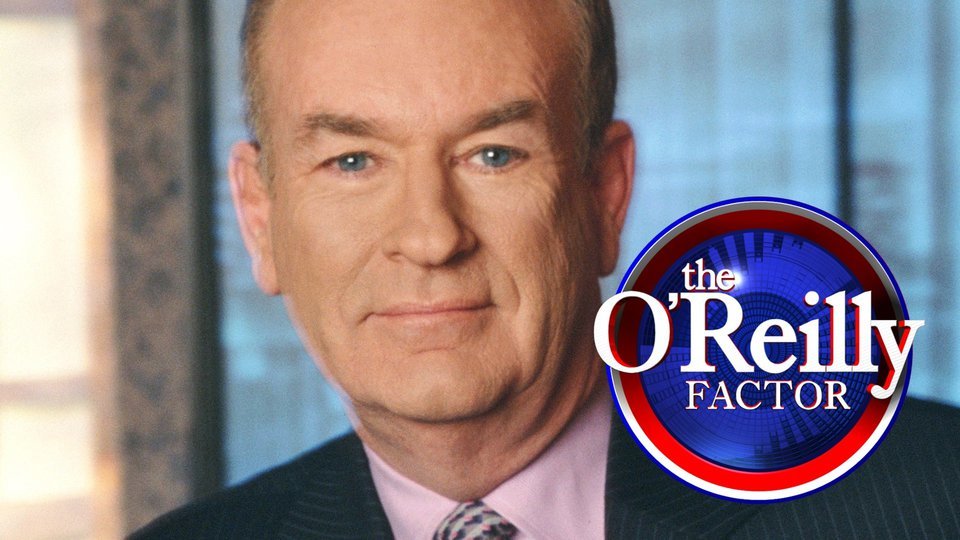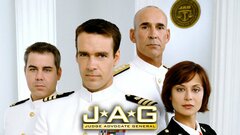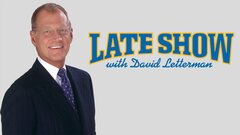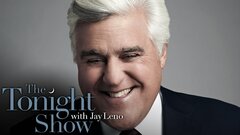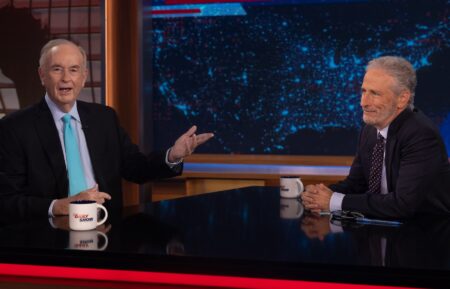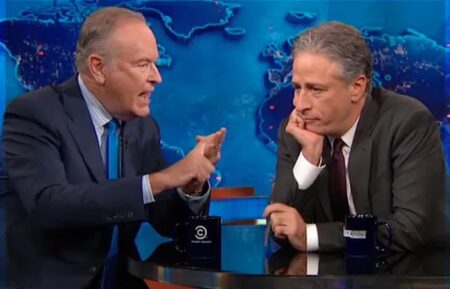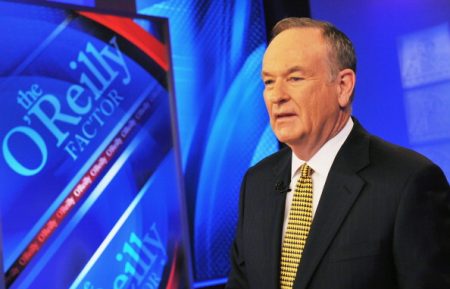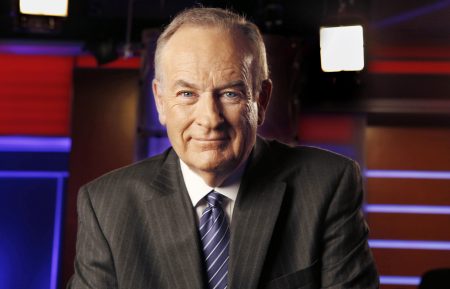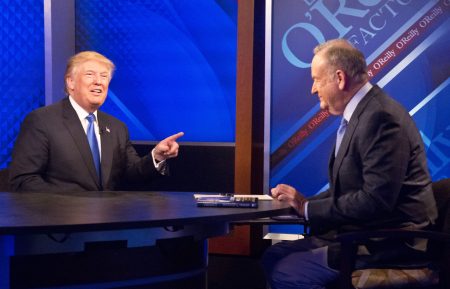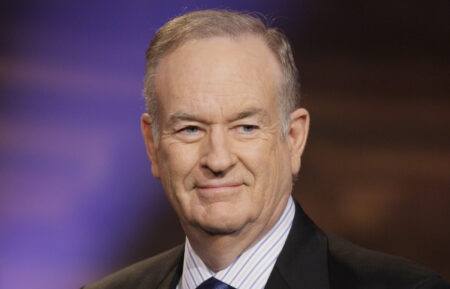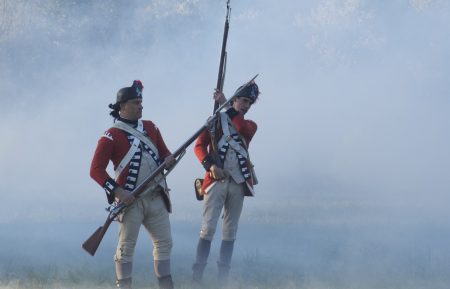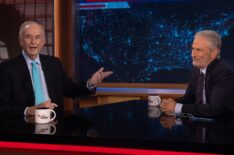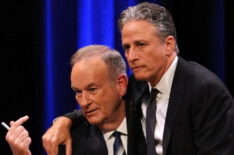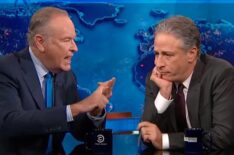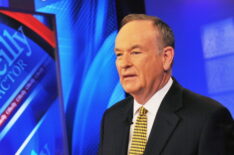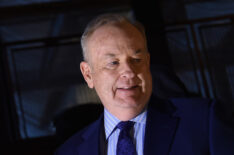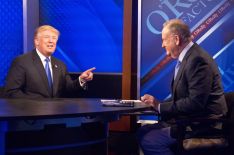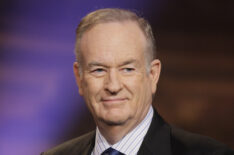A conservative firebrand who raised hackles for many outrageous statements and positions, cable news host Billy O'Reilly rode the wave of controversy to rating success with his highly-rated cable shout-fest "The O'Reilly Factor" (Fox News, 1996-2017), and was for many years undoubtedly one of cable news' most prominent anchors who also found success in other mediums. Earning both praise and scorn for his pugnacious populism, O'Reilly brought an Everyman persona to the elite world of Washington politics and used his blunt, provocative interview style to become one of the most feared anchors on cable television. Whether battling Phil Donahue, Al Franken, John Stewart, or even family members of 9/11 victims, O'Reilly made a career out of asking sharp, aggressive questions, cutting off guests, and making people in high places uncomfortable and agitated.
Along the way, he had many brushes with controversy, as happened in 2004 when he was sued by a former producer for harassment. But he stood head and shoulders over the competition, hosting cable television's highest-rated show, while also becoming a best-selling author many times over with The No Spin Zone (2001), Who's Looking Out for You? and Killing Kennedy: The End of Camelot (2012), among other titles. More accusations of sexual harassment and misconduct emerged in 2016 and 2017. Following an internal review by Fox News, the decision was made that O'Reilly would not return to the air, bringing an end to his long-running show.
Born Sept. 10, 1949 in Manhattan and raised in the middle-class suburb of Westbury, Long Island, O'Reilly attended private school as a child, graduating from Chaminade High School in 1967 before moving on to Marist College, where he earned his BA in history. After graduation, O'Reilly taught high school at Monsignor Pace in Opa Locka, Fla., a suburb of Miami. Two years later, O'Reilly returned to the northeast and earned his MA in broadcast journalism at Boston University. He scored his first reporting gig at WNEP-TV in Scranton-Wilkes Barre, Pa., then moved on to WFAA-TV in Dallas, where he won a Dallas Press Club Award for investigative reporting. His coverage of a skyjacking earned the reporter his first Emmy Award while reporting for KMGH-TV in Denver, Colo.
After a stint at WFSB-TV in Hartford, Conn., O'Reilly joined WCBS-TV in his native New York, where he won a second Emmy for his investigation of corrupt city marshals. The journeyman reporter landed overseas assignments for CBS, covering war-torn El Salvador and the Falkland Islands from Buenos Aires, Argentina. He moved once again, this time to ABC as a correspondent for the national evening news. Then in 1989, O'Reilly became host of "Inside Edition," replacing former anchor David Frost. The tabloid format suited O'Reilly's brash personality and ratings for the syndicated show went up under his tenure. He left, however, in 1995 to earn a second masters degree at Harvard's prestigious Kennedy School of Government. Then in 1996, Roger Ailes - veteran television producer and former media advisor to presidents Richard Nixon, Ronald Reagan and George H.W. Bush - tapped O'Reilly for media mogul Rupert Murdoch's fledgling Fox News Channel. Though having languished in relative obscurity for four years, with his "take no prisoners" approach, O'Reilly rose above the competition during the 2000 election debacle, even surpassing reigning cable talk champ Larry King to become the top-rated personality on cable news. Meanwhile, O'Reilly took to the airwaves with "The Radio Factor" in 2002, a syndicated talk show in the same vein as "The O'Reilly Factor." Unlike his cable program, the radio show had difficulty attracting an audience and remained stuck near the bottom of the ratings pile.
Along with his rise in the ratings came success on The New York Times bestseller list. His first non-fiction effort, The O'Reilly Factor: The Good, the Bad, and the Completely Ridiculous in American Life cemented itself atop the list for 10 weeks running - thanks in large part to continual plugs from the author on his show. A second book, The No-Spin Zone: Confrontations with the Powerful and Famous in America, also topped the bestseller lists. His first foray into fiction, Those Who Trespass: A Novel of Television and Murder, fared poorly with critics and sellers. Originally published in 1998 by a small press, the book - a murder thriller with a thinly veiled O'Reilly as protagonist - was re-released in 2004, presumably to capitalize on his growing celebrity. A fourth non-fiction title, The O'Reilly Factor for Kids: A Survival Guide for America's Families, was released in late 2004. Dressed in a pullover sweater and open-collared shirt for the cover, O'Reilly attempted to tone down his belligerent image to deliver a personal code of ethics, offering kids and families advice on sex, money, drugs and alcohol.
The release of his moral values manifesto, however, could not have come at a worse time for O'Reilly. In October 2004, he was slapped with a sexual harassment suit by Andrea Mackris, a former associate producer on "The O'Reilly Factor." The anchor denied wrongdoing, decrying the suit as frivolous and an attempt to extort the cable station for $60 million. He even filed a counter suit, but attempts to stave off the scandal failed, as rival news shows and Internet blogs continued to report on the suit. The case was later settled out of court, the details of which remained undisclosed.
O'Reilly had been at the epicenter of public controversy before. Late in 2001, he engaged in a public flap with actor George Clooney after accusing the actor of mishandling pledges received during a star-studded telethon to raise money for the victims of 9-11. Despite testimony to the contrary on his show, O'Reilly continued his vehement assault, which resulted in some of the $337 million in pledges to be rescinded, much to the dismay of Clooney and families of 9-11 victims. Another incident occurred at the 2003 Book-Expo America, when O'Reilly and political rival Al Franken got into a heated exchange, ending with O'Reilly calling the "Saturday Night Live" (NBC, 1975- ) alum "an idiot." Later, O'Reilly and Fox News filed an injunction against Franken for the sarcastic use of the channel's slogan "fair and balanced" in his book's title and unauthorized use of the anchor's picture on its cover. A judge later dismissed the claim, however, calling it "wholly without merit."
Over the years, O'Reilly periodically made concerted efforts to dispel the perception that he was thin-skinned and did not provide equal time to the opposition by inviting several of his harshest critics to appear on "The Factor." Among the more high-profile of these ideological foils were comedians with a political bent, such as Bill Maher and Jon Stewart - both of whom laid waste to the less-than-quick-witted O'Reilly. While these exchanges frequently produced sparks, it was the January 2007 reciprocal appearances on one another's shows by O'Reilly and Stephen Colbert from the farcical "The Colbert Report" (Comedy Central, 2005-15) that provided one of the more surreal moments of O'Reilly's career. Colbert - whose fictional persona was a devout right-wing conservative and unabashed follower of O'Reilly, affectionately referring to him as "Papa Bear" - managed to somehow fawn over his "hero" while skewering him at the same time. It was a thankless proposition for O'Reilly, who demonstrated a severe humor deficiency, but it did show that he was at least willing to be in on the joke. However, this did not mean that the media bulldog was going soft, though he did publish the rather unfortunately titled A Bold Fresh Piece of Humanity: A Memoir (2008).
In October 2010, O'Reilly made an appearance on the popular daytime chat-fest "The View" (ABC, 1997- ) to promote his latest book, Pinheads and Patriots: Where You Stand in the Age of Obama. When, during a debate on the proposed placement of an Islamic Center near the site of Ground Zero in New York City, O'Reilly quipped, "Muslims killed us on 9/11," co-hosts Joy Behar and Whoopi Goldberg stormed off the set in indignation. The media hullabaloo that followed resulted in marked ratings spikes for both "The View" and O'Reilly's program. As he continued to rail against the iniquities of our time to the delight of fans and consternation of his critics, O'Reilly tapped into his history-teaching past to pen Killing Lincoln: The Shocking Assassination that Changed America Forever (2011) and Killing Kennedy: The End of Camelot (2012). Emboldened by the best-selling success of both books, O'Reilly dug further into the past with a third historical novel, Killing Christ: A History (2013), which was set to be adapted into a television special on the National Geographic Channel in 2014.




